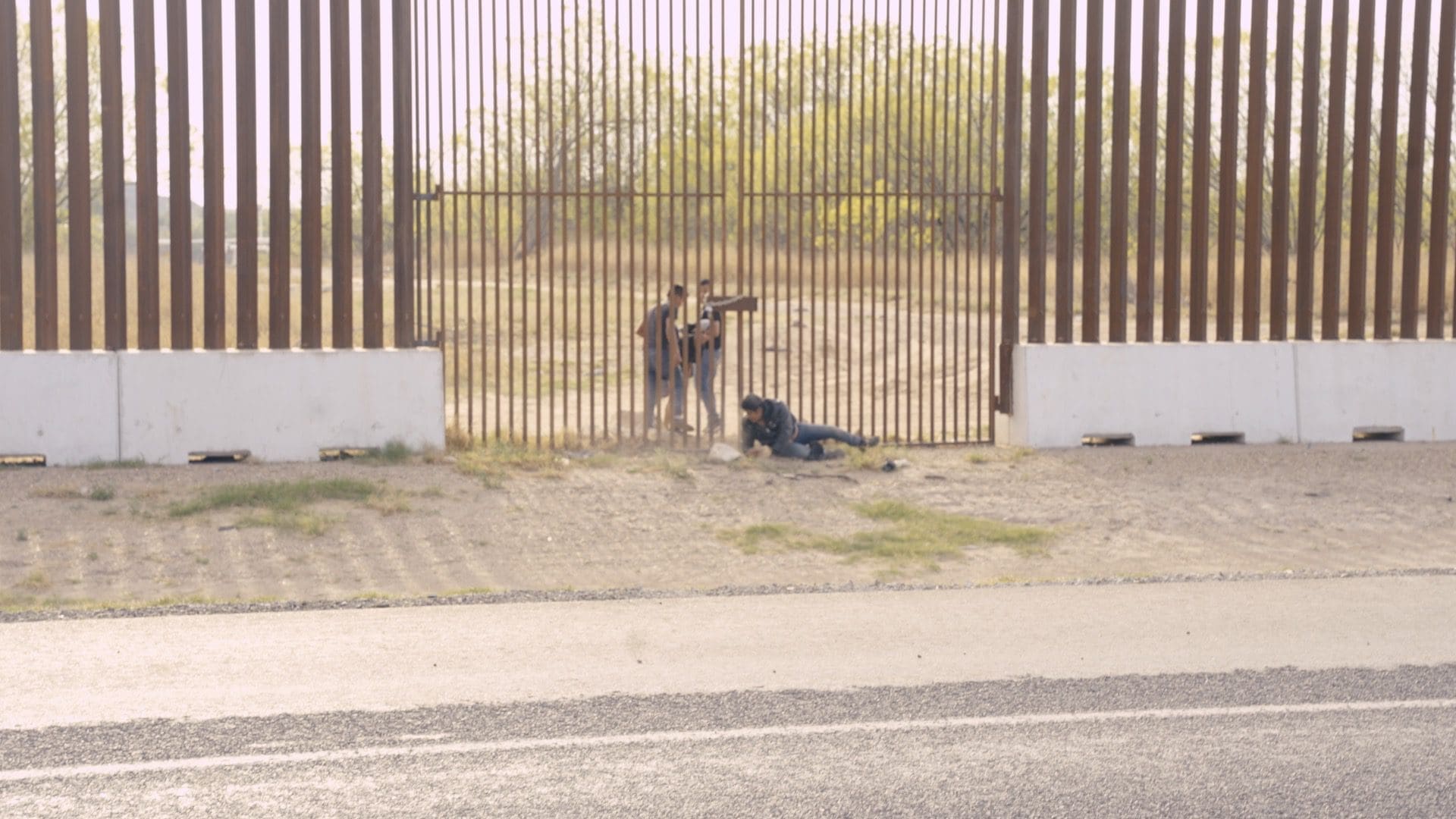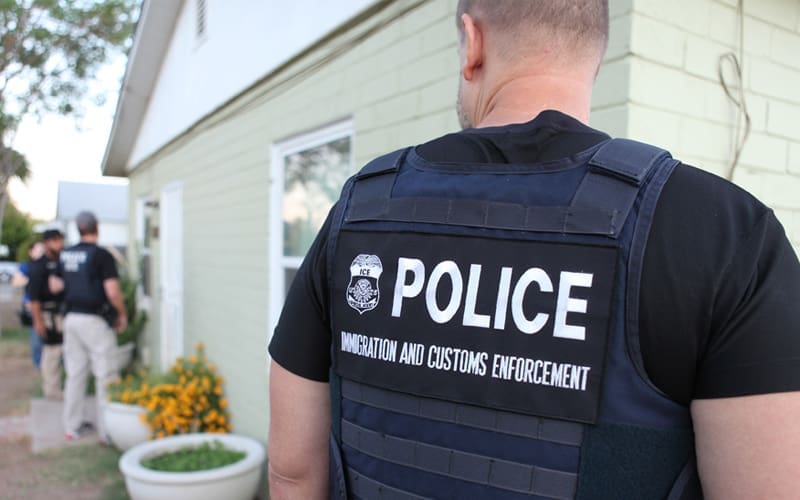The top legislative priority for the Republican Party of Texas for the upcoming legislative session is enforcing the state’s border with Mexico.
Approved by delegates to the party’s convention in May, the priority contains four specific legislative goals.
Background
The United States–Mexico border has long been a source of contention, but within the last four years, the number of illegal crossings has risen astronomically.
Since President Joe Biden took office, there have been over 6.2 million encounters at the southern border. According to a federal report, in FY 2023, CBP “arrested 35,433 aliens with criminal convictions or outstanding warrants nationwide, including 598 known gang members” with 178 of those being MS-13 members. In FY 2023, CBP seized 27,293 pounds of fentanyl coming across the southwest border—enough to kill more than 6 billion people.
In 2024, there have been over 1.5 million encounters at the border. Most recently, eight terrorists connected to ISIS have been caught coming through the border.
What Next?
In response, the Texas GOP is asking lawmakers to create a Texas Department of Homeland Security to prevent illegal entry and trafficking and to deport illegal aliens to Mexico or their nations of origin.
Additionally, the GOP is seeking legislation that stops entities within the U.S. from inciting or assisting with illegal entry through mandatory fines and jail time as well as legislation requiring the use of E-Verify by all employers in Texas.
The GOP also wants to end all subsidies and public services, including in-state college tuition and enrollment in public schools, for illegal aliens, except for emergency medical care.
During Texas’ last legislative session in 2023, several measures were passed by lawmakers and signed into law by Gov. Greg Abbott.
Senate Bill 602 authored by State Sen. Brian Birdwell (R-Granbury) expands the authority of U.S. Border Patrol agents who have completed a DPS training program to be able to arrest, search, and seize at established border checkpoints and points of entry for felony offenses under Texas law. Prior law only allowed agents to detain certain individuals at these locations.
Senate Bill 1403 authored by State Sen. Tan Parker (R-Flower Mound) authorizes the governor to coordinate and execute an interstate compact for border security among interested states without congressional approval. The compact will allow participating states to share law enforcement intelligence and resources for heightened detection and deterrence of illegal border activity and further protect personnel and property to overcome continued shortcomings of existing federal border policy.
Senate Bill 1900, also authored by Birdwell, designates Mexican drug cartels and criminal organizations as foreign terrorist organizations in the State of Texas and increases penalties for the destruction of illegal drugs and the operation of stash houses. This measure also adds foreign terrorist organizations to current intelligence databases and allows local entities to seek public nuisance claims against them.
Republican lawmakers attempted to pass additional legislation to create a state-level law enforcement unit dedicated to the border.
House Bill 20 by State Rep. Matt Schaefer (R-Tyler) would have created a Border Protection Unit under the authority of the Texas Department of Public Safety. The BPU would include commissioned and noncommissioned officers responsible for constructing and maintaining a physical barrier wall and detecting and repelling persons attempting to cross into Texas illegally from the southern border. It would additionally give the officers the authority to return illegal aliens to Mexico.
However, this legislation was killed by Speaker Dade Phelan (R-Beaumont).
Senate Bill 4—a product of the fourth special legislative session—criminalizes illegal entry into Texas while empowering law enforcement to arrest illegal aliens but is currently bogged down in the court system.
Thus, Republicans are pushing for more to be done to discourage illegal aliens from coming to Texas.





